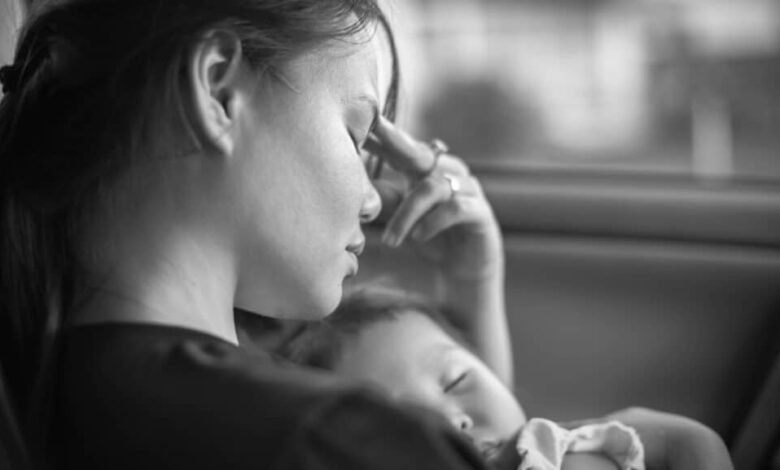When Love Lets Go: Exploring the Rise of Voluntary Custody Surrenders Globally

Can you imagine voluntarily surrendering custody of your child? For many parents worldwide, this heart-wrenching decision is not born of neglect or indifference but of deep love and a hope for a better future. While it may seem unthinkable to some, the trend is growing globally, raising critical questions about the socio-economic, psychological, and systemic factors driving this phenomenon.
What Does Voluntary Custody Surrender Mean?
Voluntary custody surrender, often referred to as “relinquishment of parental rights” or “relief of custody,” is the legal process by which parents or guardians voluntarily transfer the care and custody of their children to the state, a foster care system, or another individual or agency. This decision often stems from the belief that the child will have better opportunities or care in a different setting.
Why Are Parents Making This Choice?
From the United States to Europe, Asia, and Africa, the reasons parents relinquish custody vary but often align with these key themes:
- Financial Hardship
Poverty remains one of the most cited reasons. According to UNICEF, over 350 million children worldwide live in extreme poverty, making it impossible for many parents to provide basic necessities like food, education, and healthcare. - Behavioral or Medical Challenges
Globally, families raising children with disabilities face disproportionate challenges. In India, for instance, studies reveal that children with severe disabilities are often placed in institutional care because families cannot afford specialized services. - Mental Health Struggles
In countries with limited mental health support, parents battling depression or other illnesses may feel incapable of meeting their children’s needs. - Social Stigmas and Abuse
In regions with high incidences of child abuse or family violence, parents may relinquish custody to protect their children from harm or legal consequences. - Seeking Better Opportunities
Adoption systems in countries like South Korea or Ukraine often include cases of voluntary relinquishment, with parents hoping their children will find homes offering education and stability.
Global Snapshot: Rising Numbers in Custody Relinquishment
While precise global statistics are elusive due to differences in reporting and definitions, there are notable trends:
- United States: According to AFCARS, over 390,000 children are in foster care, with 10-15% entering due to parental inability to care, often including voluntary relinquishment.
- Europe: In the UK, parental inability to cope accounts for 17% of children entering foster care annually.
- Africa and Asia: Reports indicate a sharp increase in institutional care, often tied to poverty or health challenges. Kenya, for example, reports high rates of abandonment in urban areas.
- Latin America: In countries like Brazil, family separations are often linked to urban poverty and domestic violence.
The Complexities of Reunification
While some parents hope to reclaim custody, the process is fraught with challenges. Courts typically require parents to demonstrate significant improvements in their circumstances and prioritize the child’s best interests. For example:
- In the U.S., reunification often involves counseling, parenting courses, and financial stability.
- In Scandinavian countries, the focus is on rehabilitation, with family support programs aiming to minimize custody loss altogether.
Ethical Dilemmas and Systemic Gaps
The rise in custody relinquishments reveals troubling systemic gaps:
- Inadequate Support for Families: Many families lack access to social safety nets, mental health resources, and financial aid, making custody surrender seem like the only option.
- Institutional vs. Familial Care: Research from the Global Family Care Network shows children thrive better in family-based settings than in institutions, raising concerns about the over-reliance on foster care systems.
- Cultural Pressures: In some cultures, societal shame around single parenthood or disability prompts parents to relinquish their rights.
What Can Be Done?
Globally, the focus must shift toward preventative measures and family support:
- Strengthening Social Safety Nets: Expanding access to food, housing, and healthcare can alleviate financial pressures.
- Mental Health Interventions: Affordable and accessible counseling services can support struggling parents.
- Specialized Care Programs: Governments must invest in inclusive education and healthcare systems that cater to children with disabilities or behavioral challenges.
- Reunification Services: Courts and agencies should prioritize reunification whenever safe and possible, providing pathways for parents to regain custody.





